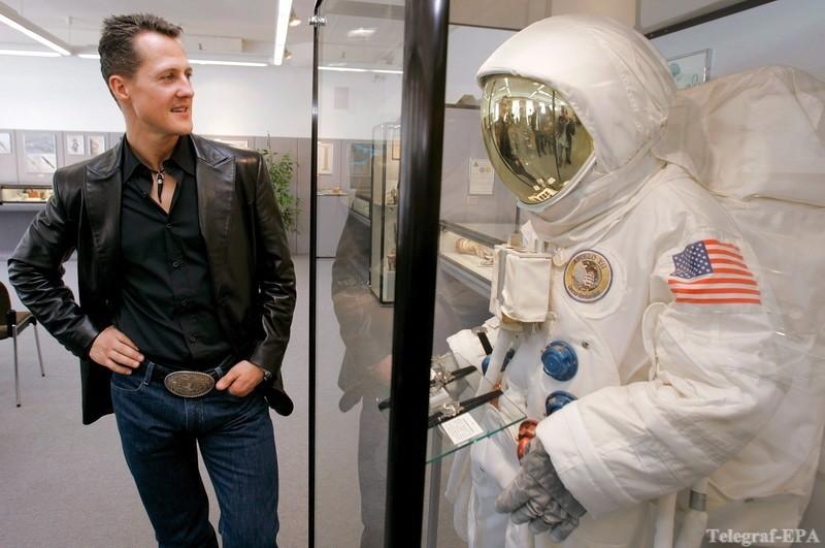Interesting facts about how animals sleep
Categories: Animals | Positive | Science | World
By Pictolic https://pictolic.com/article/interesting-facts-about-how-animals-sleep.htmlSleep is an integral part of human life and animals. Because without recuperation is simply impossible to exist. Let's see how sleeping animals.

Many people mistakenly believe that giraffes almost never sleep. However, it is not so.

But the fact is that these animals with a long neck sleeping only 10 minutes, but almost every hour. It is therefore often one sees waking giraffes.
Animals, like humans, sleep is divided into phases. But some animals sleep phase may be completely absent.

For example, rats sleep in the REM phase, and newborn pigs have, on the contrary, extremely long phase of sleep.
Despite the fact that these cute animals are very slow, they sleep for 15 hours a day.

Which is significantly less than the number of sleeping lions, koalas or ferrets.
It is considered that the dolphins do sleep deprived, but this is not true. The fact that the brain these intelligent animals are able to relax in turn. That is, the first sleeping right hemisphere, and then left.

Therefore, the dolphins are able to constantly be in motion, but the rest are. Similarly, sleep and whales. For example, the collective dream of sperm whales looks very unusual.
Birds are quite shy, but they manage to sleep. They are always in control of their environment, alternately lifting eyes.

Some packs even have a special hour, which, in case of danger, alert everyone about the attack.
These cute animals have adapted to sleep on the water, floating on her back.

Also, otters often hold on foot, not to be lost in the water currents. Just as back sleeping and sea lions.
Elephants can sleep both standing up and lying down. Their position depends on at what stage of sleep they are.

If it's a slow phase, the elephant sleeps standing up, and if you are fast, then lying down. As elephants are gregarious mammals, they also have hourly.
As you know, the bats roost in limbo upside down.

This is necessary in order to, in case of danger, the mouse was ready to take off.
This amazing lizard similar to the descendant of a dragon, likes to sleep.

So much so that they are able to sleep even during the meal.
How animals sleep more or less clear, but how do birds sleep during long-haul flights? For example, Albatross able to sleep right during flight.

Thus, he skillfully parried among air currents without flapping wings. The Albatross dreams and gaining strength.
Seals can sleep four ways. The first "float" method means a dream with his head in the water and back on the surface.

Periodically, the seal comes up to breathe and keeps your guests. Seals are also able to sleep on the bottom, but every 5 minutes they would have to emerge and gain full lungs of air.
The most interesting method is that the seal inflates around your neck imitated lifeline that allows him to stay on the surface of the water. And in cases where there is no danger, seals can relax on the land.
How sleeping animals that live completely in the water? For example, octopuses go to bed, leaving the guard a couple of tentacles.

These reliable security guards are constantly in motion and react to the slightest fluctuations of water level.
The longest sleep among mammals officially recognized as koalas.

These cute animals sleeping up to 22 hours per day. They bow legs eucalyptus branches and relax, and when you Wake up, chew the leaves and fell back asleep.
Lions sleep a lot, not because of too lazy, but because it is necessary for the digestion of large amounts of raw meat.

Therefore, the main felines sleep for 20 hours a day. Often lions resting on your side or back, with his paws up. Sometimes big cats are on the trees, limbs lazily dangling from the branches, relaxing the whole body.
Artiodactyls not only sleep, but also dream. This is the conclusion reached by scientists who have studied these animals sleep.

But the images they see only in the supine position. If horses and cows sleep standing up, then the dream will not visit them.
Keywords: Animals | Science | Peace | Positive | Sleep | Facts | Interesting | Wild animals
Post News ArticleRecent articles

There is never enough space in a child's room. You know, you need a bed, the closet is literally bursting with things, and you ...

Armenian artist Artush Voskanyan paints in the style of mannerism and calls the Italian painter of the XVI century Giuseppe ...
Related articles

Many people are afraid of bees, although they are quite peaceful insects if you do not touch them. The worst thing is when there is ...

There is always something in the world that you can truly smile at! Each frame from this collection will make your mood for the ...

Who is better – cats or dogs? Many still consider this question open. But these indisputable scientific facts just have to ...

In our days, the friendship with the ex-partners is normal, civilized and progressive. In this article we are told in journals and ...